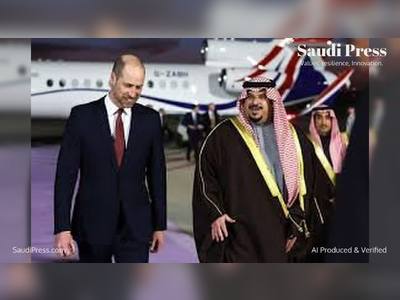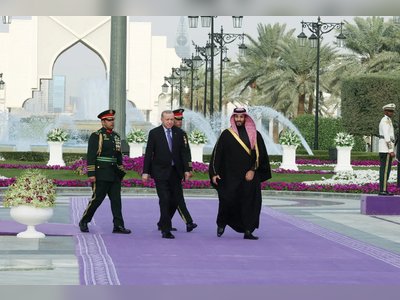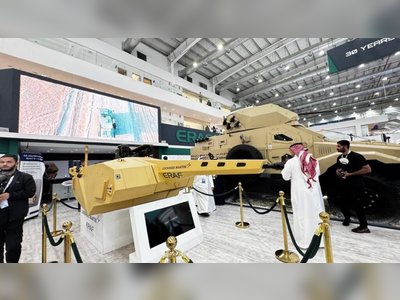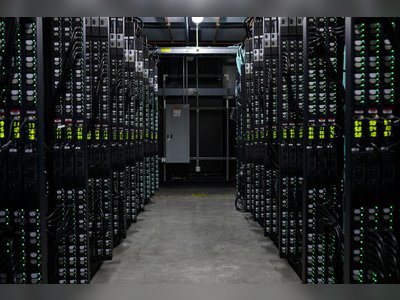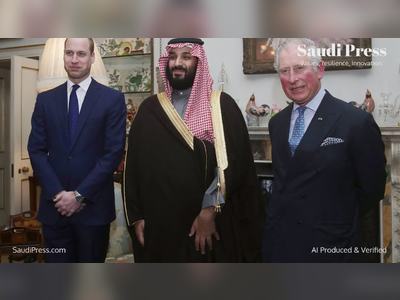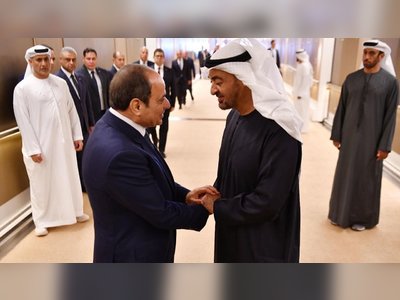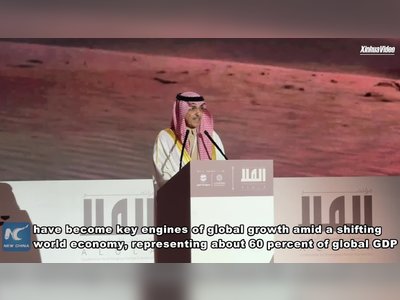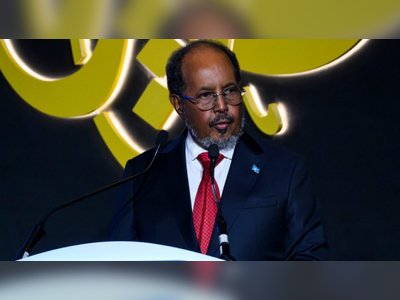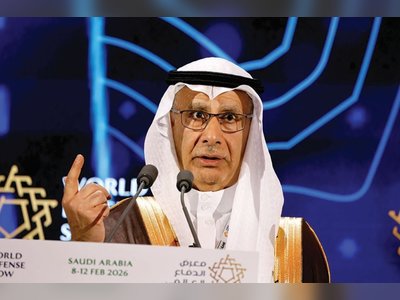
The problem with the Met’s morality policing
Ah, the last days of summer. Long evenings, sunny weekends, and crusty Extinction Rebellion hippies blocking arterial traffic lanes to the audible grinding of teeth from the police officers tasked with standing by and politely watching their sub-art-school amdram productions, rather than getting on with the business of giving them a much-needed hosing down with Boris’s water cannons.
As Charlie Peters has pointed out for the Mail, the impression of police impotence has nothing to do with the willingness of the bobby on the beat to break out a truncheon and apply it liberally to the thorax of middle-class graduates enjoying their day off by making everyone else late for work.
Instead, their natural inclination towards robust enforcement of the law is being held in check by red-tape and lawyerly wrangling, and by the tacit support of their superiors for Extinction Rebellion’s ‘important cause’.
It’s natural for the police to want to stay on the good side of public opinion, but looking over the last year it’s hard to avoid the suspicion that the upper echelons spend more time trying to triangulate their position in the political game than they do actually enforcing the law.
When Black Lives Matter dominated the political conversation, Chief Constables said their first responsibility to illegal rallies smashing statues was to try ‘to protect property if that’s the right thing to do’, but mostly to make sure ‘officers and those taking part are safe’. When a vigil was held for Sarah Everard, it was time to consider the importance of consistency, take into account the risk of Covid spreading, and send in the heavy squad to break things up.
It’s no wonder that officers sometimes end up finding themselves in trouble when the rules are so inconsistent. Every year, we’re told that Pride is political and Pride is a protest. And the police, as apolitical enforcers of the law, wear rainbow epaulettes and march in their uniforms. At BLM protests, officers at an illegal gathering taking the knee in solidarity with the cause were given a stern instruction almost a year later to ‘think very carefully’ before doing it again, but also told it would be ‘unfair’ for the brass to ‘criticise officers who take actions on the spur of the moment’. This was all fine and good because the police were using political symbols we liked. Then a Met officer shouted ‘free Palestine’ and all hell broke loose.
The effect of these political games is dispiriting and confusing for both the police and the policed. Just imagine listening to your boss work through the logical contortions that come with trying to explain why it’s essential that one protest in breach of the rules should be allowed to go ahead, but also that it must end by 8 p.m. so that people attending other unauthorised gatherings can be identified and arrested.
Decking police cars out in rainbows ‘to give confidence to our LGBT+ community’ belongs to the same category of behaviour. The rainbow flag might be unofficial state regalia for a few months of the year, but it is still explicitly political, and associates the police with political stances. No one sensible disputes the point that the law takes sides in moral arguments. No matter how strongly a liberal society claims to be ‘hands off’, it demands significant concessions in terms of personal morality and public behaviour rather than presenting a truly neutral face. But for the police tasked with upholding those rules, it’s important to be seen as impartial.
No matter how much they want the support of the political and media bubble, they also need the support of conservatives and religious minorities. And when these equally valid segments of society have clashing values, the best way to achieve that is to stay neutral. Claiming that the rainbows on your cars are supposed to encourage ‘other underrepresented groups’ when those groups are devoutly religious and not uniformly enthusiastic about the rainbow’s connotations seems less like a misstep and more like an insult.
Taking the decision to act as interpreters of the law rather than enforcers results in morality policing, where leeway is given to causes deemed sufficiently worthy while others are held to the harshest possible standards. If the police want the support of the public, they should be predictable, fair, and do their jobs. They should spend less time worrying about the decoration on their vehicles, and more time clearing the roads.
Instead, their natural inclination towards robust enforcement of the law is being held in check by red-tape and lawyerly wrangling, and by the tacit support of their superiors for Extinction Rebellion’s ‘important cause’.
It’s natural for the police to want to stay on the good side of public opinion, but looking over the last year it’s hard to avoid the suspicion that the upper echelons spend more time trying to triangulate their position in the political game than they do actually enforcing the law.
When Black Lives Matter dominated the political conversation, Chief Constables said their first responsibility to illegal rallies smashing statues was to try ‘to protect property if that’s the right thing to do’, but mostly to make sure ‘officers and those taking part are safe’. When a vigil was held for Sarah Everard, it was time to consider the importance of consistency, take into account the risk of Covid spreading, and send in the heavy squad to break things up.
It’s no wonder that officers sometimes end up finding themselves in trouble when the rules are so inconsistent. Every year, we’re told that Pride is political and Pride is a protest. And the police, as apolitical enforcers of the law, wear rainbow epaulettes and march in their uniforms. At BLM protests, officers at an illegal gathering taking the knee in solidarity with the cause were given a stern instruction almost a year later to ‘think very carefully’ before doing it again, but also told it would be ‘unfair’ for the brass to ‘criticise officers who take actions on the spur of the moment’. This was all fine and good because the police were using political symbols we liked. Then a Met officer shouted ‘free Palestine’ and all hell broke loose.
The effect of these political games is dispiriting and confusing for both the police and the policed. Just imagine listening to your boss work through the logical contortions that come with trying to explain why it’s essential that one protest in breach of the rules should be allowed to go ahead, but also that it must end by 8 p.m. so that people attending other unauthorised gatherings can be identified and arrested.
Decking police cars out in rainbows ‘to give confidence to our LGBT+ community’ belongs to the same category of behaviour. The rainbow flag might be unofficial state regalia for a few months of the year, but it is still explicitly political, and associates the police with political stances. No one sensible disputes the point that the law takes sides in moral arguments. No matter how strongly a liberal society claims to be ‘hands off’, it demands significant concessions in terms of personal morality and public behaviour rather than presenting a truly neutral face. But for the police tasked with upholding those rules, it’s important to be seen as impartial.
No matter how much they want the support of the political and media bubble, they also need the support of conservatives and religious minorities. And when these equally valid segments of society have clashing values, the best way to achieve that is to stay neutral. Claiming that the rainbows on your cars are supposed to encourage ‘other underrepresented groups’ when those groups are devoutly religious and not uniformly enthusiastic about the rainbow’s connotations seems less like a misstep and more like an insult.
Taking the decision to act as interpreters of the law rather than enforcers results in morality policing, where leeway is given to causes deemed sufficiently worthy while others are held to the harshest possible standards. If the police want the support of the public, they should be predictable, fair, and do their jobs. They should spend less time worrying about the decoration on their vehicles, and more time clearing the roads.
